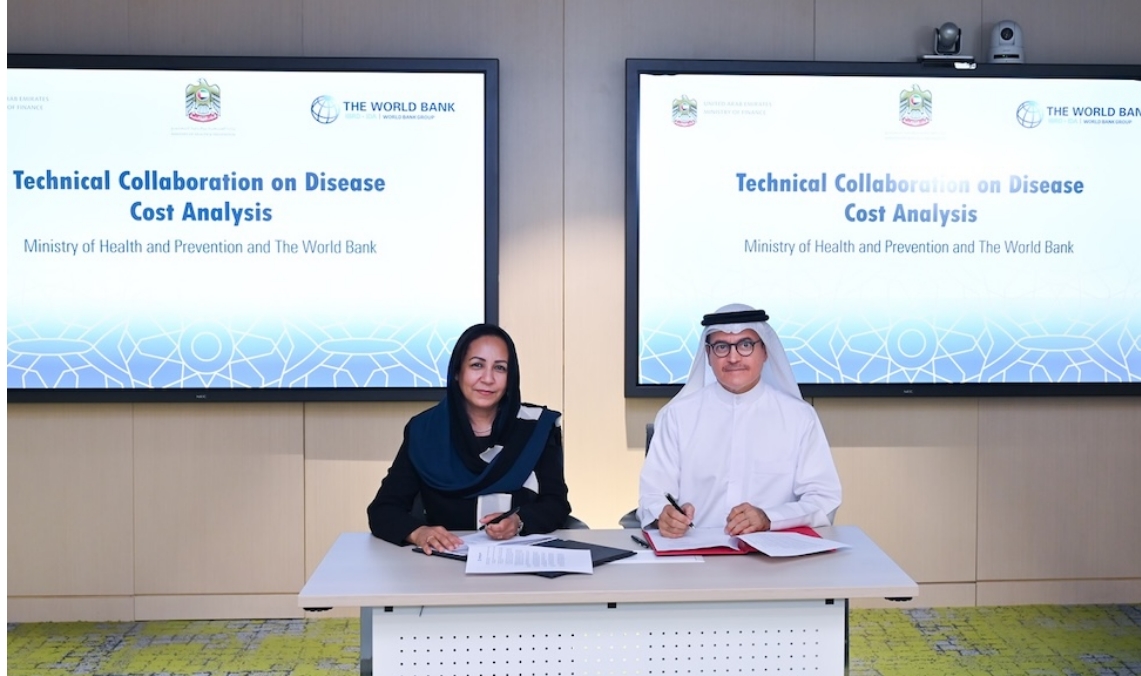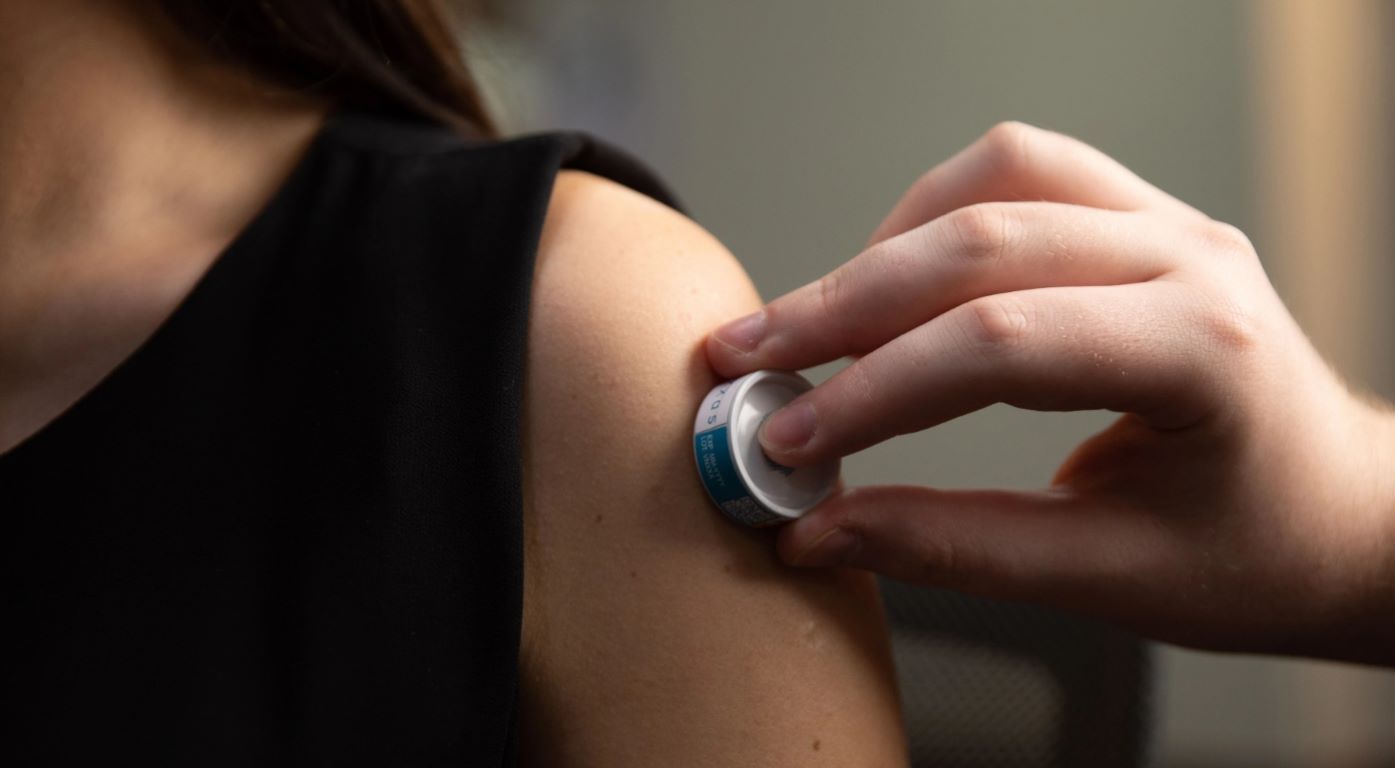Cancer diagnostics device kick starts CellSievo
30 May 2012 | Influencers | By BioSpectrum Bureau
Cancer diagnostics device kick starts CellSievo

Dr Mo-Huang Li, CEO - CellSeivo, decided to take on the entrepreneurial challenge along with CTO Dr Wai Chye Cheong and Dr Mo Chao Huang when they realized the device had a lot of potential
A team of researchers at the Institute of Bioengineering and Nanotechnology (IBN), A*STAR in Singapore, developed a micro-fabricated silicon microsieve device that allows blood cells to freely flow through it while restraining and capturing the targeted cancer cells on the microsieve surface. Captured cells are stained with fluorescence dyes, which automatically get identified under a microscope with a companion image processing program. The device is designed for rapid isolation and enumeration of circulating tumor cells (CTCs) from patients' whole blood samples.
The team of inventors, led by Dr Mo-Huang Li, Dr Wai Chye Cheong and Dr Mo Chao Huang, realized that the device had a lot of potential in non-invasive cancer diagnostics for personalized cancer management and took up the entrepreneurial challenge of establishing a company. CellSievo was set up in 2011 with Dr Mo-Huang Li as the CEO and Dr Wai Chye Cheong as the CTO of the company.
CellSievo is developing a full range of products to detect the number of CTCs and characterize them during a therapy for monitoring cancer progression. The device is fabricated by a state-of-the-art, mass-production silicon micromachining process that allows fabrication of hundreds of microsieves per batch at an affordable cost. Moreover, the cancer cells are captured on top of the smooth microsieve surface that simplifies the process of cancer cell identification and avoids damaging them during cell retrieval for downstream analyses.
CellSievo has been acknowledged under the Singapore SPRING Technology Enterprise Commercialisation Scheme (TECS) award. The company is managed by a dynamic team of three researchers and is working in active collaborations with A*STAR research institutes, clinical researchers and oncologists in public and private hospitals of Singapore.
The first funding came from the SPRING TECS Proof-of-Concept grant (S$250,000) that helped to support its first-year research and product development work. CellSievo is in the process of applying for the SPRING TECS Proof-of-Value grant that will provide an additional S$500,000 for another two years, for further R&D of its CTC-based diagnostic device.
"If we are successful in achieving our targets of bringing the CTC capture device and the CTC-based biomarker panels for cancer diagnosis and prognosis from the bench to the bedside, it will be a testimony of the massive support that SPRING Singapore has provided to technology enterprise for made-in-Singapore brands and inventions," says Dr Mo-Huang Li, CEO, CellSievo.
The team plans to develop a full range of automatic systems for the CTC research market. These include instruments for CTC isolation and enumeration. The systems will address the needs of a low cost, feasible system to provide high purity of intact circulating tumour cells for cancer research and clinical applications. Further ahead, the company plans to conduct cohort clinical validation of its systems and biomarker panels, in the final build-up to applying for health regulatory authorities' approval to market the products for in vitro cancer diagnostics.
The use of CTCs as a complementary and real-time liquid biopsy alternative for biomarker discovery and targeted therapeutic strategies is attracting much attention as a lot of research is taking place on understanding molecular and cellular mechanisms of cancer development, metastases and resistance to different therapies.
"CTCs should provide real-time information about a cancer patient, reflecting time-sensitive status of the cancer progression and imminent relapse of a patient. Furthermore, procurement of 5-10 mL of peripheral blood, which is required for CTC-based analysis, would be a relatively non-invasive procedure. Thus, CTC-based diagnostics has great potential in revolutionizing the current invasive tissue biopsy-based cancer diagnostics," says Associate Professor Evelyn S C Koay, director of Molecular Diagnosis Centre at NUH, and CellSievo's clinical collaborator.











